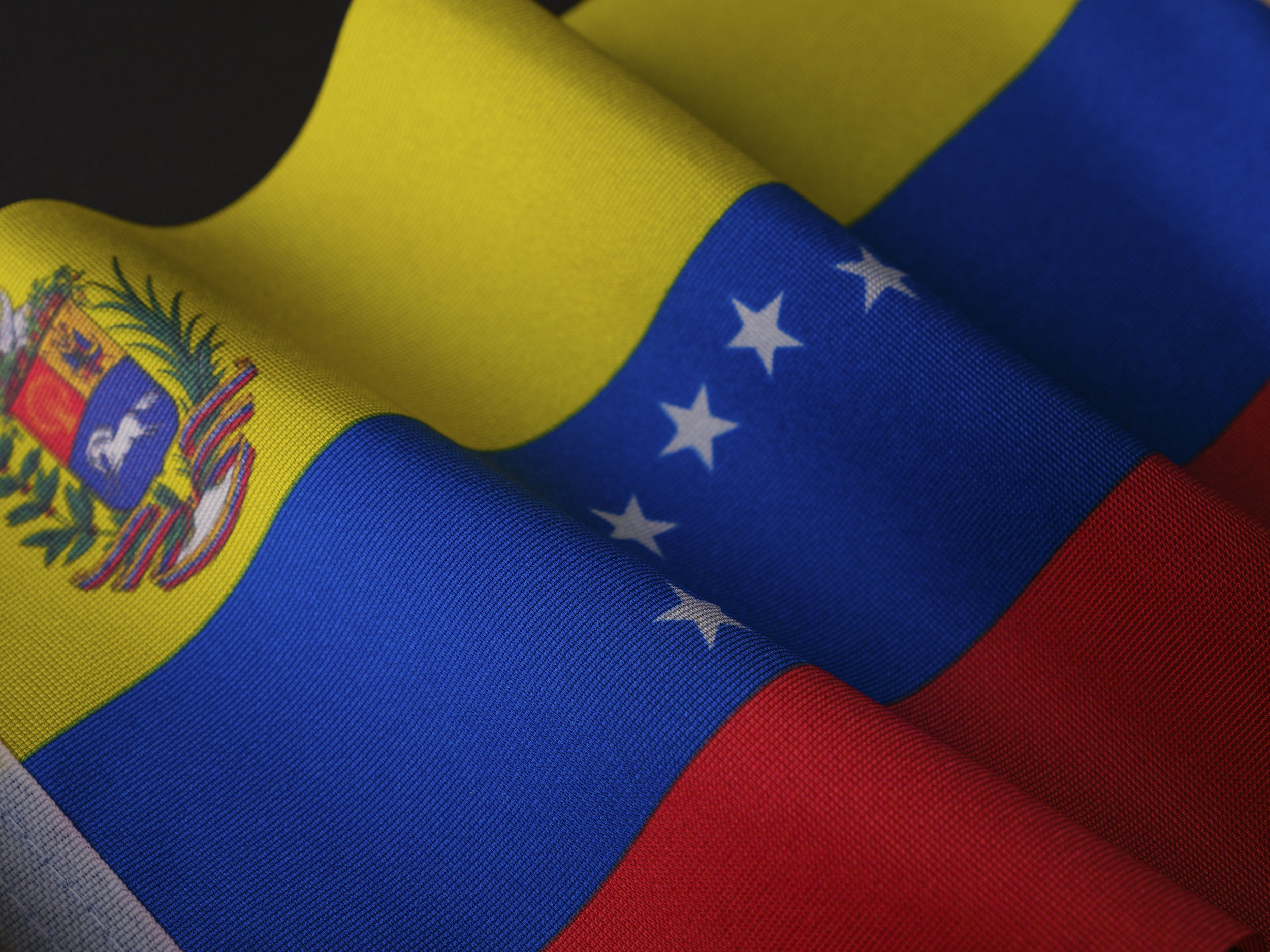Is the Palestine-Israel War Over?
For years the war between Israel and Palestine has meant violence, exceedingly high tensions, and loss of innocent life on a devastating scale, though it seems we may have arrived at a turning point in this conflict. The recent release of almost 2000 Palestinian prisoners and the last 20 living Israeli hostages have marked a critical moment in the war. Despite the fact that U.S. President Trump traveled to Israel and Egypt to definitively declare “the war is over”, it is still unclear whether or not the conflict is finally coming to an end.
What Is Happening With The War?
On Sept. 29, Trump introduced his 20-point plan that will act as the guide to ending the Israel-Hamas war. This plan closely resembles former President Joe Biden’s ceasefire deal efforts. The difference between the success of both involves several different factors including the timing in which they were presented and who presented them. Since the introduction of Trump’s plan, a ceasefire deal has been signed to declare the “opening” of a “new chapter” alongside the “end” of the war.
While the Israeli military is still in control of around half of Gaza and will only fully withdraw after Hamas meets further agreed upon conditions, including disarmament and demilitarization, for the first time in months Israeli airstrikes, drones, and shellings came to a stand still alongside an increase of aid.
This ceasefire and stand still has since been broken. On Oct.19 2025, Israel forces halted the transfer of aid into the territory and launched a series of deadly strikes on Hamas targets in retaliation to the killing of two Israeli soldiers. Israeli military officials blame Hamas for the soldier's death, telling CBS the soldiers were targeted by Hamas using a rocket-propelled grenade and sniper fire. Hamas is also known to be breaking the ceasefire deal with public executions of Israeli sympathizers.
“We reaffirm our full commitment to implement everything that was agreed upon, foremost of which is a ceasefire across all areas of the Gaza Strip,” Hamas’ Ezzedine Al-Qassam Brigades said in a recent statement, “We have no knowledge of any incidents or clashes taking place in the Rafah area, as these red zones are under the occupation's control, and contact with the remaining groups of ours there has been cut off since the war resumed in March of this year.”
Later on the 19th, Israel’s military came forward in a statement to say they will continue with the ceasefire as agreed upon, but “will respond forcefully to any violation of the agreement.”
Whether the war will actually come to an end or not can’t be answered just yet, but these efforts are certainly a start to moving in the right direction.
As Hamas has agreed to step down from governing Gaza after Israel expressed their demand to purge Gaza of all Hamas influence, Trump’s 20-point plan introduces an international body, Council of Peace or Board of Peace, to take over. Former British Prime Minister Tony Blair is named in the plan as lead of the international body.
Hamas has not agreed to the installation of an international body and believes Gaza’s government should be assembled by Palestinians.
The divide amongst sides on whether or not Palestine will be recognized as a state seems to be one of the bigger problems to overcome in order to end tensions.
While Israel has expressed extreme opposition to this, over 150 countries, including The UK, Australia, France, and Canada, have recognized Palestine as a state. Trump’s 20-point plan acknowledges Gaza’s statehood desire, but doesn’t detail any further information about the U.S. supporting or denying it.
On his flight back to the U.S. from his visit to Egypt, Trump once again didn’t rule out the possibility of Palestine statehood.
“I’m not talking about a single state or double state or two state, we’re talking about the rebuilding of Gaza,” Trump said to reporters, “A lot of people like the one-state solution. Some people like the two-state solutions. We’ll have to see, I haven't commented on that.
Did Trump Deserve The Nobel Peace Prize?
Trump’s involvement in helping the Israel-Hamas war reach a ceasefire does not directly mean he deserved the Nobel Peace Prize for these efforts.
Although helping bring peace to the war in Gaza is noteworthy, President Trump has signed executive orders that stand in direct contrast to what the Nobel Peace Prize awards. He has withdrawn the U.S. from the World Health Organization, the Paris climate accords, and international tax agreements. He has also furthered initiatives to cut U.S. foreign assistance and aid efforts.
Trump’s 20-point peace plan for the war in Gaza also disregards addressing the official cause of the conflict and faces criticism for not fully allowing Palestinians into the negotiations.
What Are The Next Steps?
The next steps for the ceasefire involve a focus on disarming Hamas, withdrawing the additional Israeli troops occupying areas of Gaza, assigning governance of the territory, and several negotiations between sides. Only time will tell how everything evolves.




